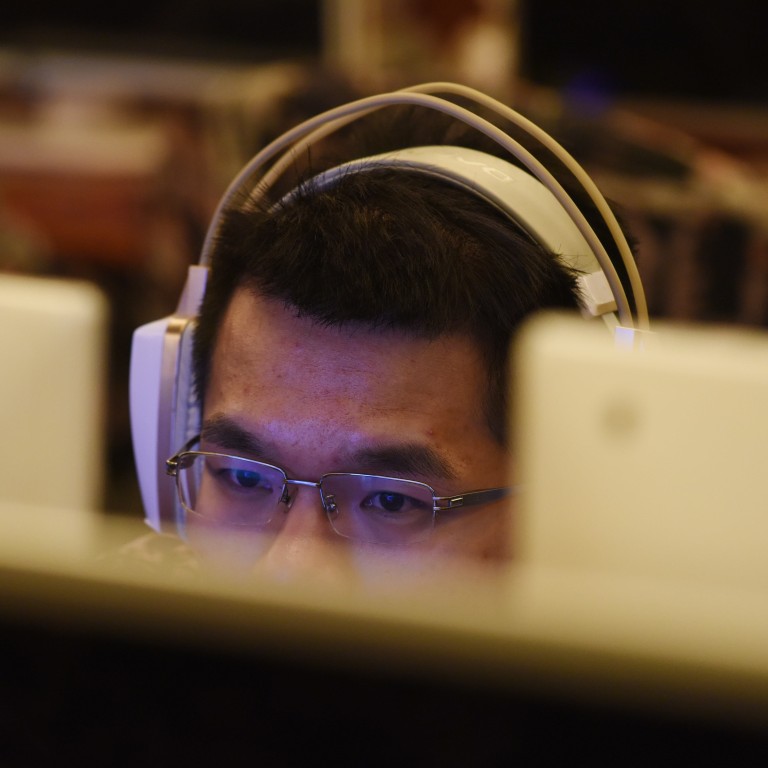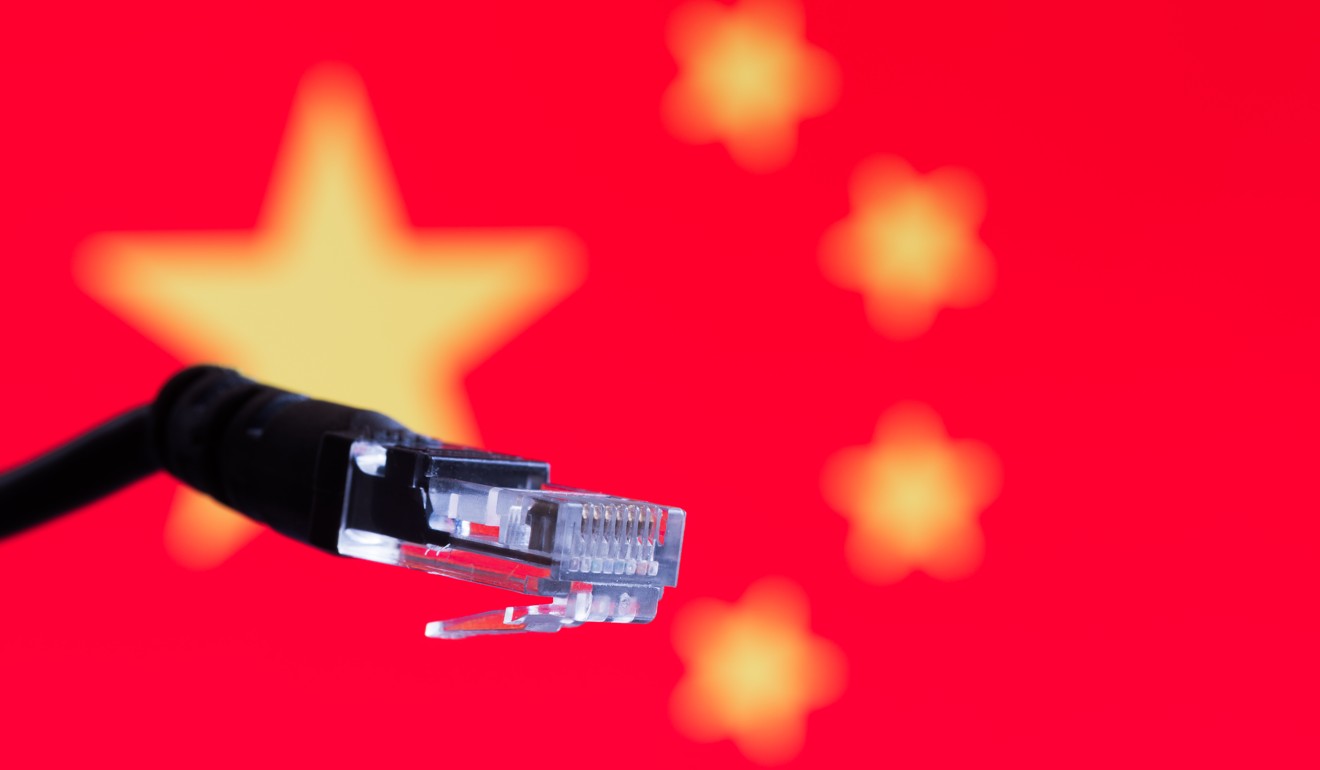
China’s internet regulator praises whistle-blowers for keeping cyberspace free of ‘harmful’ content
- Work of public army of censors has become a crucial part of the country’s online governance, Cyberspace Administration of China says
- Watchdog received 165 million reports of inappropriate material in 2018, twice the number from a year earlier, it says
People blowing the whistle on one another for uploading “harmful” content has become a crucial part of the country’s online governance, the Cyberspace Administration of China (CAC) said in a statement released on Friday.
Last year alone, 165 million reports of such material were filed across the country, a figure more than double the previous year’s and four times the number in 2016, the agency said.
While the total looks set to continue growing, the number of reports filed in the first six months of this year was up only 9 per cent from the same period of 2018.
China’s ruling Communist Party maintains a vice-like grip on the nation’s internet via a sophisticated censorship system known as the Great Firewall that blocks large numbers of foreign websites and slows down traffic for others.
According to CAC director Zhuang Rongwen all of China’s internet users – it has about 854 million, or more than two-and-a-half times the population of the United States – are encouraged to join the “people’s war” to rehabilitate the “cyber ecology”.
Could China’s strict cyber controls gain international acceptance?

The CAC even provides a list of subjects that the volunteer censors should look out for and report. It includes: information that undermines national security or interests; incites the subversion of state power, the socialist system or succession; promotes terrorism, extremism or ethnic hatred; spreads violence, obscenity or pornography; disturbs economic or social orders; violates other people’s reputation or privacy; or breaks the law or regulations in any other way.
Besides its length, critics say the terms used by the regulator are so vague that they can be interpreted in any way it chooses.
China, Russia to sign treaty on combatting illegal internet content
The whistle-blowing system has been around since 2004, when a centre for reporting illegal and harmful information was set up under the CAC. A year later, rules were drawn up for rewarding whistle-blowers, and they can now receive up to 2,000 yuan (US$280) for the information they provide, although it is not clear exactly how the awards are determined.
The network now comprises 21 provincial centres for handling reports and more than 2,600 websites through which people can make them, the CAC said.

